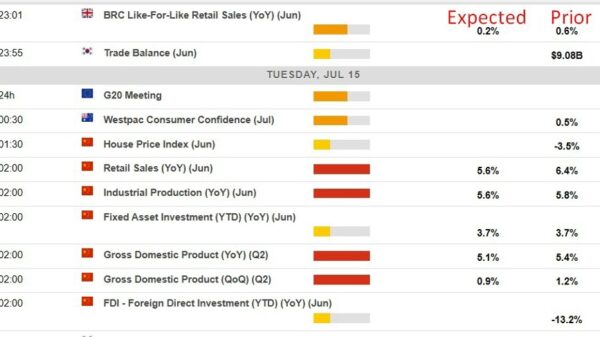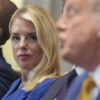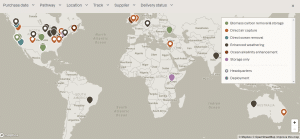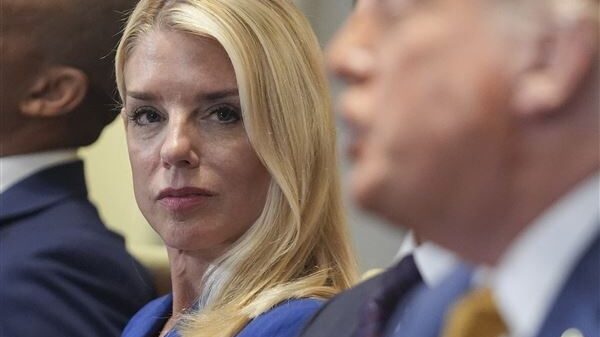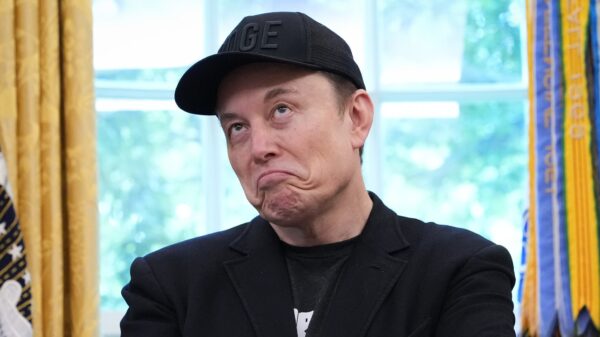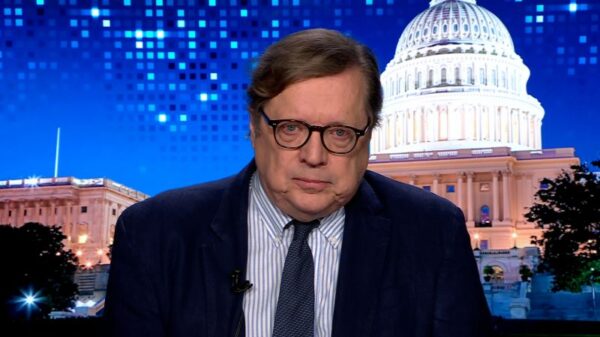President Donald Trump has issued a significant tariff threat to Brazil, proposing the highest import tax among recent communications sent to various countries. This letter stands out not only for its financial implications but also for its distinctly personal tone, suggesting an escalation in trade tensions.
The U.S. Department of Commerce received the correspondence earlier this month, indicating that Trump plans to impose an import tax of 30% on certain Brazilian goods. This proposed tax is markedly higher than previous tariffs discussed with other nations, reflecting a targeted approach toward Brazil’s economic policies. The letter outlines concerns about trade imbalances and unfair competition, which Trump claims have adversely affected American industries.
Implications for Trade Relations
The proposed import tax on Brazil could have far-reaching consequences for both economies. Brazil is a critical trade partner for the United States, exporting a variety of products, including agricultural goods such as soybeans and coffee. The $2 billion trade relationship is at stake, and many analysts are closely monitoring the situation for its potential impact on global markets.
Brazilian officials have expressed alarm regarding the proposed tariff, stating that it could lead to retaliatory measures. The Brazilian Minister of Foreign Affairs, Carlos França, emphasized the importance of maintaining open dialogue to resolve trade disputes amicably. He noted that such tariffs could disrupt the delicate balance of trade relations that have been established over the years.
Political Context and Future Considerations
The timing of Trump’s letter comes amid broader discussions on trade policies leading up to the 2024 presidential elections. Trump’s administration has consistently prioritized an “America First” approach, focusing on protecting American jobs and industries. This latest move suggests a willingness to adopt a more aggressive stance toward countries perceived as engaging in unfair trade practices.
Experts believe that the personal tone of the letter could signal Trump’s intent to directly engage with Brazilian leadership in a manner that has not been typical in previous communications. Rather than relying solely on diplomatic channels, the President’s approach may aim to exert pressure on Brazilian officials to reconsider their economic strategies.
As this situation unfolds, stakeholders in both countries are urged to prepare for possible shifts in trade dynamics. The outcome of this tariff threat could set a precedent for future negotiations between the United States and other nations, influencing global trade policies in the months to come.
In summary, President Trump’s proposed tariff on Brazil not only highlights economic concerns but also reflects a more personalized approach to international relations, which could reshape the landscape of U.S.-Brazil trade.


